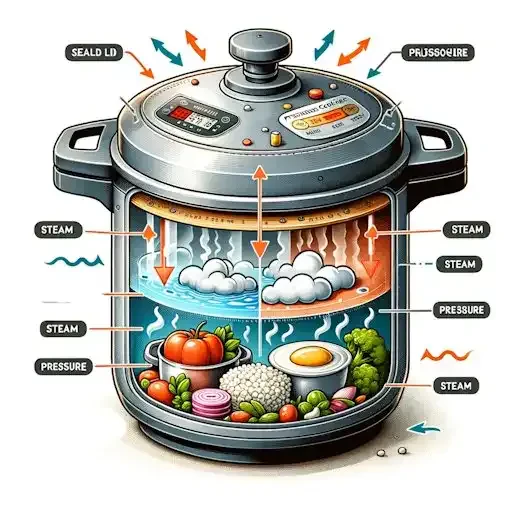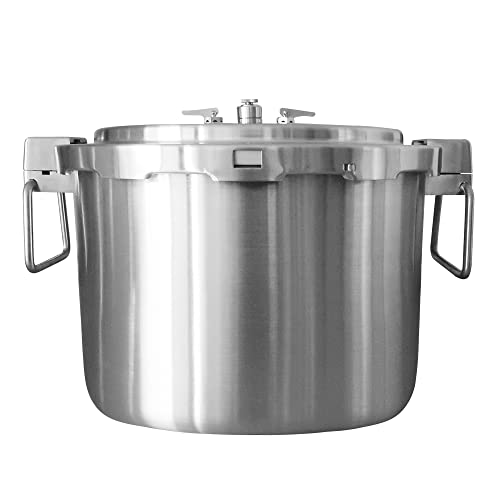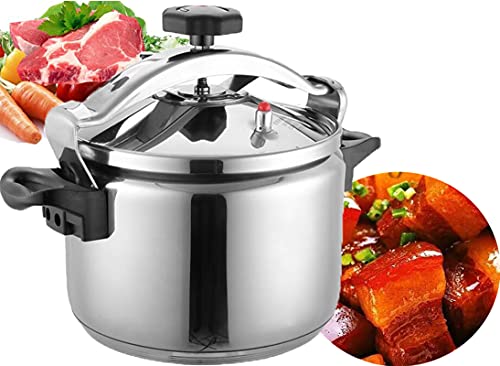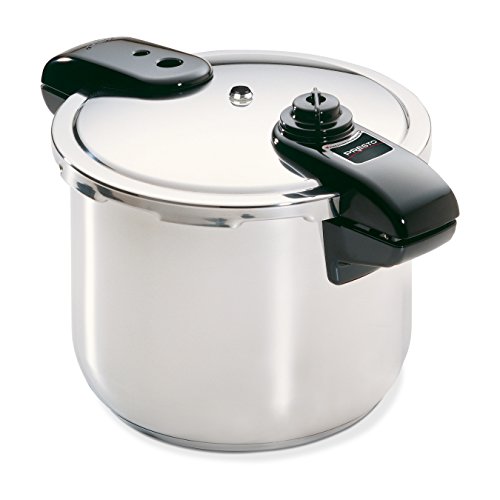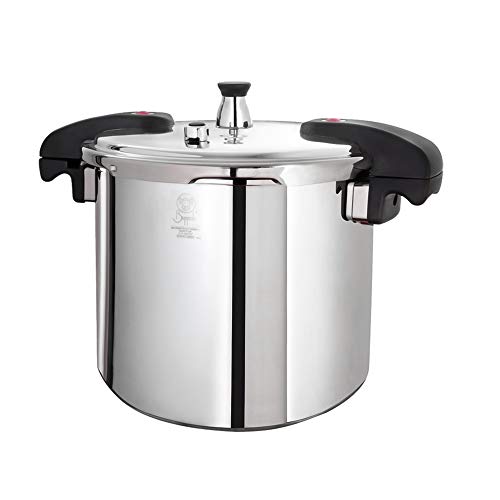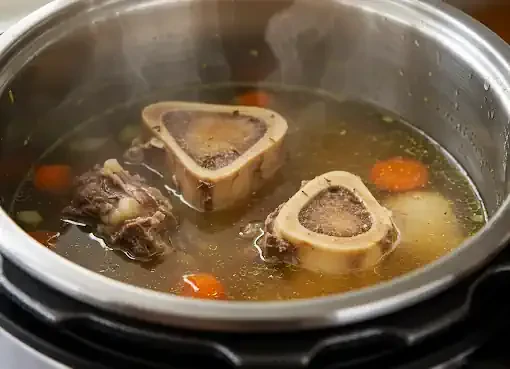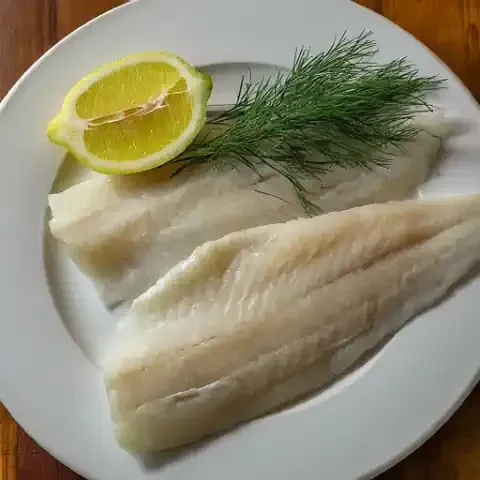Pressure cooking is a popular cooking method that has gained popularity due to its ability to quickly cook food while preserving its flavor and texture. The high pressure and temperature involved in pressure cooking make it an ideal method for cooking tough meats, beans, and grains. But how does pressure cooking affect the nutrient content of our food? In this article, we will explore the science behind nutrient retention in pressure cooking.
One of the main concerns with cooking food is that high heat can break down or destroy essential nutrients, such as vitamins and minerals. This is particularly true for water-soluble vitamins, which can be easily lost during cooking. However, the high pressure and temperature involved in pressure cooking can help to preserve the nutrient content of our food.
Studies have shown that pressure cooking can help to preserve the nutrient content of food by reducing the cooking time and the amount of water needed. For example, a study conducted on the effect of pressure cooking on the nutrient content of broccoli found that pressure cooking preserved more vitamin C than other cooking methods such as boiling and steaming. This is because pressure cooking reduces the amount of water needed to cook the food, thus minimizing the loss of water-soluble vitamins.
Another study conducted on the nutrient retention in carrots found that pressure cooking preserved more beta-carotene than other cooking methods. Beta-carotene is a precursor to vitamin A, which is essential for maintaining healthy skin, eyes, and immune system. This is because pressure cooking can help to break down the tough cellular structure of carrots, making it easier for our bodies to absorb the nutrients.
However, it is important to note that not all nutrients are preserved equally in pressure cooking. For example, some studies have shown that pressure cooking can cause a loss of some B-vitamins, such as thiamine and riboflavin. This is because pressure cooking can cause these vitamins to break down under high heat and pressure.
Despite this, pressure cooking is still considered one of the best methods for preserving the nutrient content of our food. This is because it can help to preserve a wide range of nutrients and reduce the cooking time, which can help to minimize the loss of nutrients.
Pressure cooking is a great way to cook food quickly while preserving its flavor and texture. It is also an effective method for preserving the nutrient content of our food. While it may cause a loss of some nutrients, it can help to preserve a wide range of other essential nutrients. When pressure cooking, it is important to follow the manufacturer's instructions carefully and to use the appropriate cooking times and pressure settings to ensure optimal nutrient retention.
